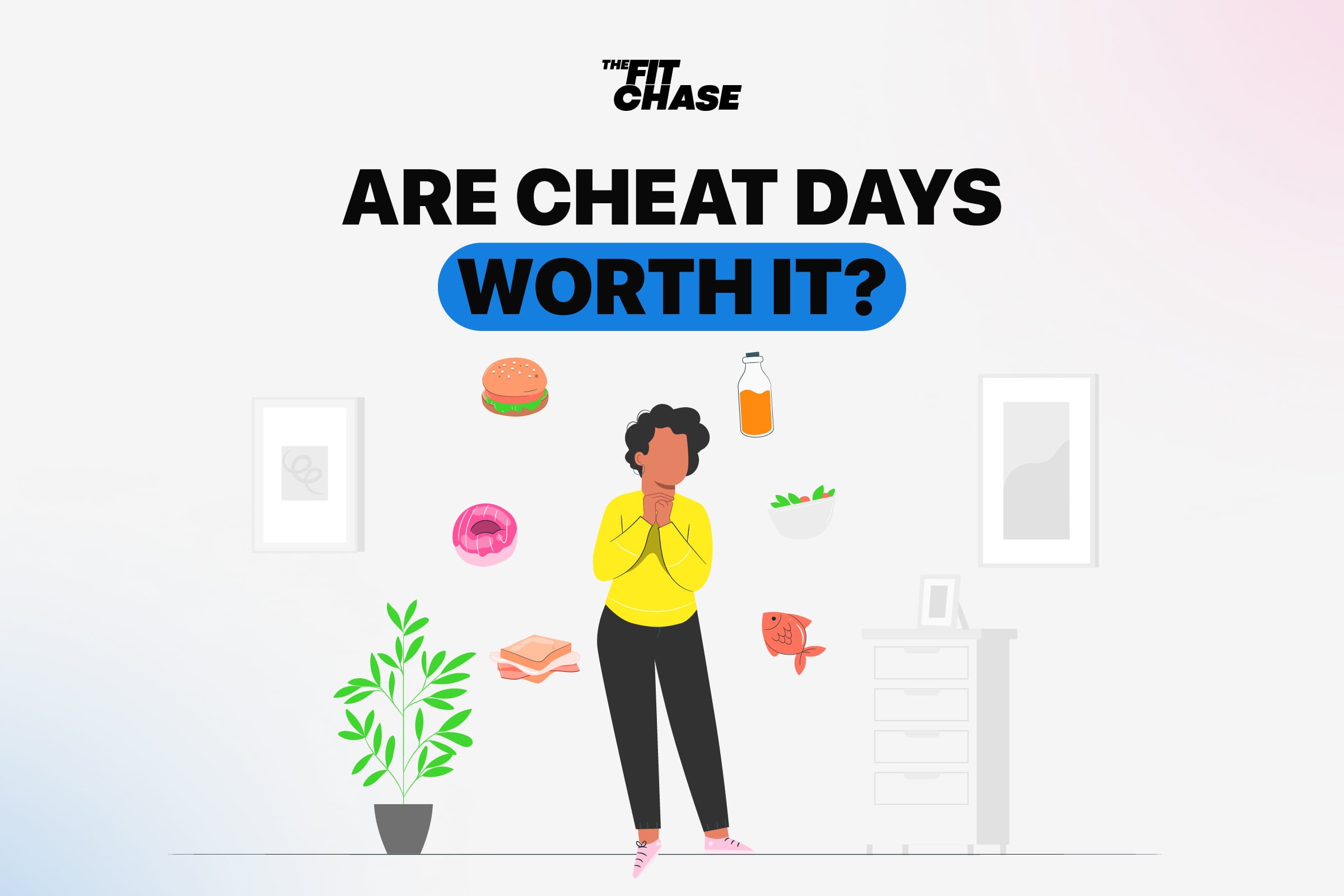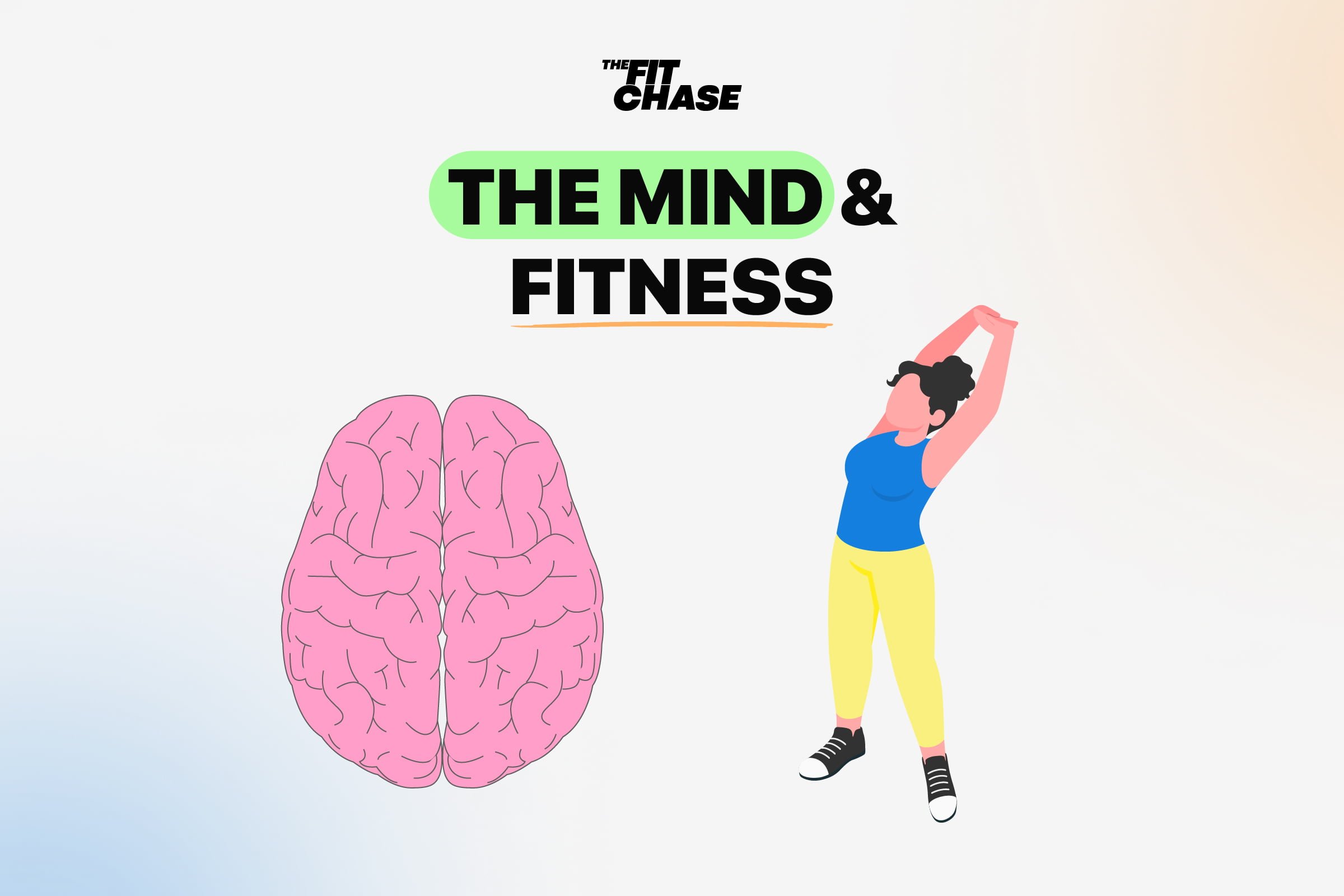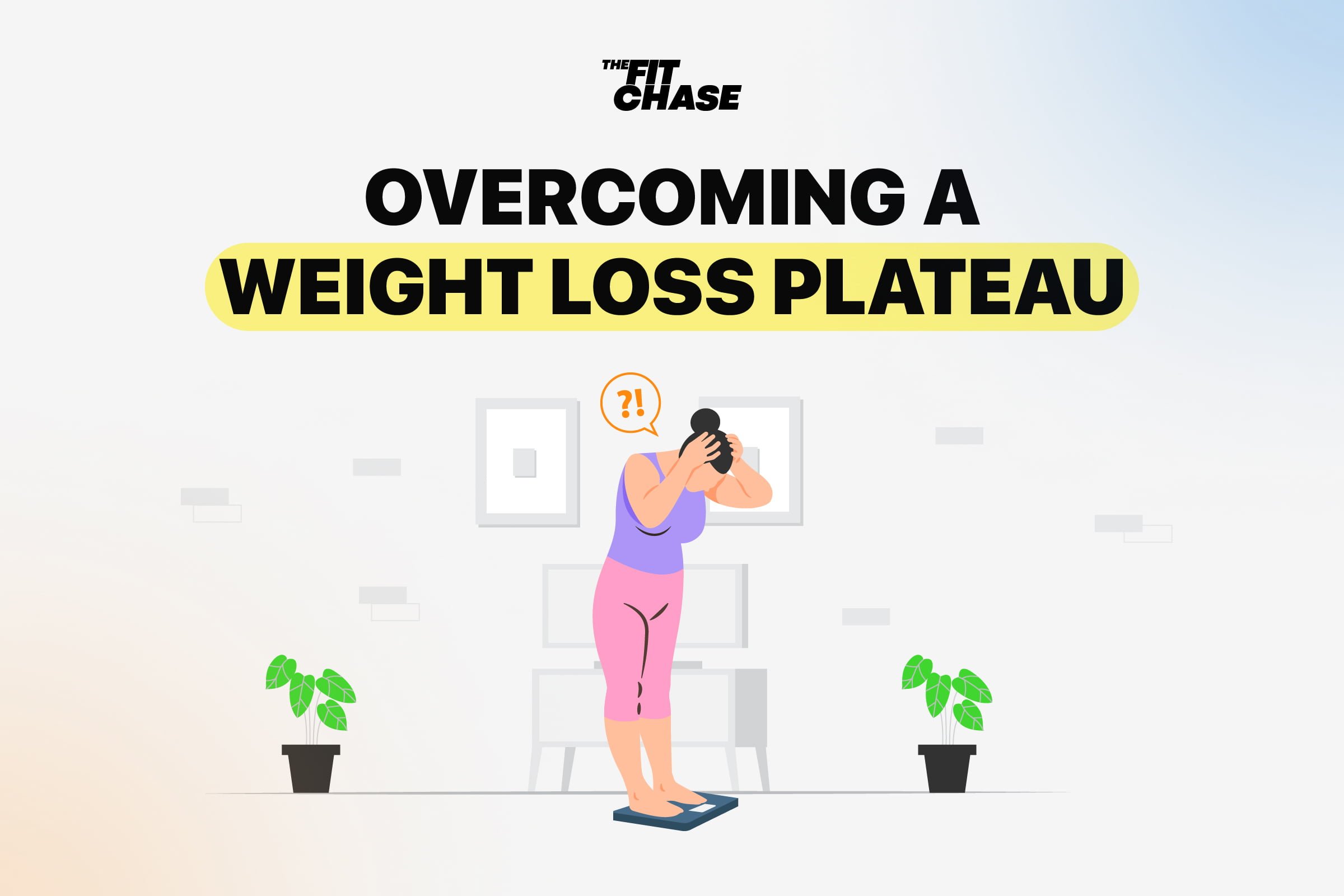The Burning question we all have when we start our fitness journey – how much protein is really needed to build muscle & lose fat? In this blog, we’ll delve into the importance of protein for building muscle and how it aids in weight loss. Additionally, we’ll touch on how to determine your ideal protein intake based on your body weight and activity level.
I’ll take you through different types of protein sources, such as animal-based and plant-based options, as well as protein supplements.
So, whether you’re a seasoned gym-goer or a newbie looking to improve your fitness journey, stick around and read on to learn more about the best protein sources for your goals.
Why is protein important for weight loss and muscle gain?

Think of protein as the fundamental building material for your body, particularly for muscle mass, as it’s made up of amino acids. Amino acids are like the essential ingredients needed for proper functioning of your body, and they play a crucial role in supporting various bodily functions. Without enough of these essential nutrients, particularly the essential amino acids that can’t be made by your body, your body won’t have the necessary building blocks to work with – leading to compromises in your health and performance. So, it’s vital to make sure you’re getting enough of these essential nutrients from the food you eat.
Amino acids are not only important for various bodily functions but are also critical for repairing and building muscles after vigorous exercise. When you exercise, it causes tiny tears in your muscles, leading to Muscle Protein Breakdown (MPB). To repair and replace the damaged tissue, amino acids are transported to your muscles. This process is known as Muscle Protein Synthesis (MPS).
Although muscle protein synthesis alone may not be enough to give you big muscles, it does make your muscles stronger and allows them to adapt to the type of exercise you’re doing. This is why regular strength training, combined with adequate protein intake, is important for maintaining and building lean body mass. So, if you want to stay strong and build muscle, make sure you’re getting enough protein and hitting the weights regularly.
How much protein do you really need for muscle gain?
The role of protein in muscle gain.
To repair and rebuild this damaged muscle tissue, your body needs protein, a vital nutrient that helps in muscle recovery and growth.
consuming enough protein helps to repair the damage and build new muscle tissue. However, protein is not everything.
Your body also requires carbohydrates and fats, along with protein, to maximise the benefits of strength training. A balanced diet that provides all three macronutrients is necessary for optimal muscle building and recovery (& also for overall health)
Recommended protein intake for Muscle gain.
When it comes to building muscle, the amount of protein you need depends on your muscle mass and how much you use it. The more muscle you have and the more you exercise, the more protein you’ll require to preserve and increase muscle mass.
Factors such as age and activity level also play a role in determining your protein needs for muscle growth. If you’re a bodybuilder or weightlifter, you’ll likely need more protein as you’re trying to build muscle while using your muscles more frequently than the average person.
That doesn’t mean bodybuilders and weightlifters have to eat chicken all day long. If they do so they might be called The poultry kings and not bodybuilders!!
It’s crucial not to go overboard with your protein intake, as consuming excessive amounts can limit your intake of other vital macros like healthy fats and carbohydrates that support weight gain and training.
As a coach I’d suggest consuming about 1.2-2.2g/kg of protein for muscle building, this might be the best approach for most of you guys. The ideal protein intake might vary based on age, fitness level, and body composition goals, and research supports different recommendations.
How much protein do you really need for weight loss?
The role of protein in weight loss

Protein has been found to have appetite-suppressing effects and boosts several satiety hormones (hormones that exist to balance and regulate energy homeostasis) , which can be beneficial for weight loss efforts. When people feel hungry all the time, it becomes challenging to stick to a diet plan. However, consuming an adequate amount of protein can help keep you feeling full and reduce the feeling of hunger, making it easier to stick to a calorie-restricted diet. This is because protein takes longer to digest than carbohydrates and fats, providing a slower release of energy that can help keep you satisfied for longer periods.
Rise in The Thermic Effect (TEF) The thermic effect of food (TEF) is the increase in the body’s energy expenditure that occurs after eating. This process involves digesting, absorbing, and storing nutrients from the food.
Protein has the highest thermic effect of all the macronutrients, meaning it burns more calories during digestion and metabolism than carbohydrates and fats. This is because protein requires more energy to digest, absorb, and transport compared to the other macronutrients.
The increase in energy expenditure from digesting protein is known as diet-induced thermogenesis, which is a minor but crucial factor in burning calories. Consuming a high-protein diet can increase the number of calories you burn at rest, helping to promote weight loss and weight maintenance.
Recommended protein intake for weight loss
Achieving and maintaining a healthy weight is a continuous journey that requires ongoing adjustments to your eating habits. If you’re trying to lose weight, it’s important to ensure that your diet is well-rounded and provides all the essential nutrients, while limiting your intake of simple carbohydrates and empty calories. A healthy weight loss diet should include all major food groups to ensure you’re getting a wide range of nutrients necessary for optimal health.
When it comes to protein intake for weight loss and athletic performance, there is no one-size-fits-all solution. Dieters looking to lose weight can benefit from consuming 1.6 to 2.4 grams of protein per kilogram of body weight to help preserve lean body mass while losing fat.
At this rate, I’m going to have to start eating protein bars for breakfast, lunch, and dinner… and maybe even dessert. XD, that’s not true – Incorporate the correct amount of protein in your regular meals that would suit your body mass.
For athletes and heavy exercisers, protein needs can range from 1.6 to 3.0 grams per kilogram of body weight to support muscle growth and recovery. However, it’s important to note that each person is unique, and their protein needs may vary based on factors such as body composition, activity level, age, and overall health. Those who have more body fat to lose may benefit from starting with a lower protein intake on the scale of the recommended range, while lean athletes may need to consume protein at the higher end of the range to maintain muscle mass. Because higher fat % you have the body will use stored fat for fuel and doesn’t tap into protein for energy. Whereas a lean body would break down more protein for energy since less fat is stored in the body.
It’s also crucial to spread protein intake evenly across the day and ensure each meal has a consistent level of protein, atleast 20g of high quality protein coming from complete sources, to optimise muscle protein synthesis and support recovery.
Protein sources for weight loss and muscle gain.
There are many different sources of protein that can be incorporated into a healthy diet to achieve these goals.
Animal-based protein sources include meat, poultry, fish, eggs, and dairy products. These are all excellent sources of high-quality protein and contain all the essential amino acids needed by the body for muscle growth and repair. Some examples of lean meat that are also low in fat include chicken breast, turkey breast, and lean beef. Fish such as salmon, tuna, and cod are also great sources of protein, as well as omega-3 fatty acids, which are important for overall health. Eggs are a highly nutritious and versatile source of protein, and dairy products like Greek yogurt, cottage cheese, and whey protein are all excellent options as well.
Plant-based protein sources are also great options for those looking to increase their protein intake while also following a vegetarian or vegan diet. Some examples of plant-based protein sources include legumes such as lentils, chickpeas, and black beans, as well as whole grains like quinoa and brown rice. Nuts and seeds such as almonds, chia seeds, and pumpkin seeds are also good sources of protein combined with dals, pulses and grains resulting in complete sources of vegan protein. Additionally, there are many plant-based protein powders available that can be used as a supplement or added to smoothies or other meals.
In addition to whole food sources, there are also many protein supplements available on the market. Whey protein is one of the most popular and widely used supplements and is derived from milk (scientifically safe to consume) These supplements can be convenient for those who have trouble meeting their protein needs through whole food sources alone, or for those looking for a quick and easy post-workout snack.
My Final Suggestions
- Find the right amount for your body
- Diversify your protein sources
- A High-Protein Diet has to be consistent as well
- Don’t neglect other macronutrients
- Consider protein supplements carefully
- Add protein to your diet slowly, if you haven’t been having much
Overall, finding the right protein intake for your individual needs and incorporating a variety of protein sources into your diet, along with a well-balanced diet and consistent training, can help support weight loss and muscle gain goals.












